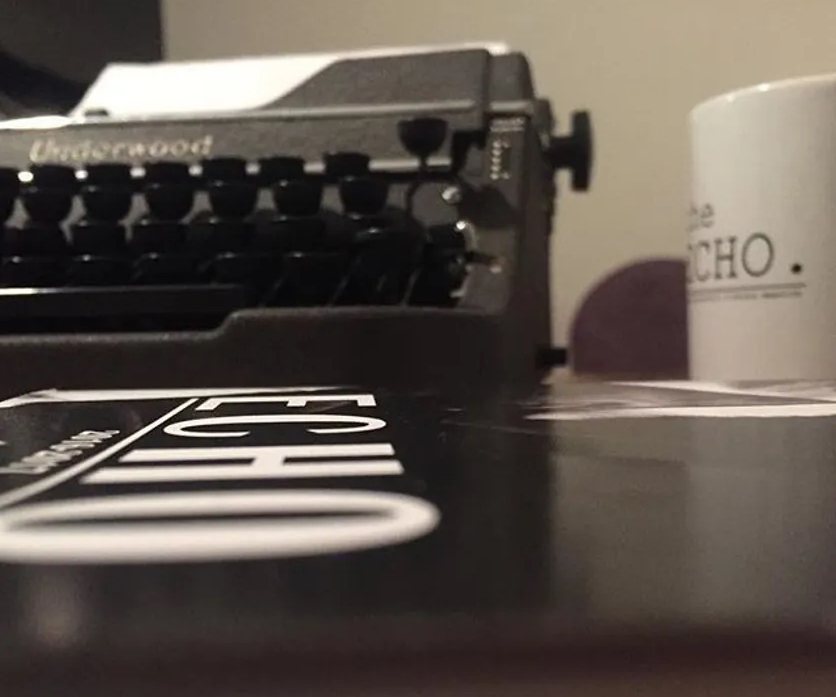In the beginning of 2023, Greenville County announced that they will be ending their curbside recycling program on March 30th for county land beyond the city limits. This change is the result of increasing collection costs incurred through the ever-rising prices of equipment maintenance, fuel, and human resources. This is a big step backwards since the county launched their “roll into recycling program” in 2013 to implement the use of larger rolling recycling bins. It is also news that upends the commitment made in their 2016 by-laws to “provide for the collection and transportation of […] recyclables […] within and outside the geographical district […] for the benefit of Greenville County citizens.”
Since the decision has been made public, many citizens have asked for clarification which can be found on the Greater Greenville Sanitation site. This site informed concerned parties that the money saved by ending the recycling program will be used to automate garbage and yard waste collection. Residents who choose to continue recycling can find various drop-off locations around the county.
These changes, however, make recycling less of a norm and more of an inconvenient task that many residents will choose not to go out of their way to complete. When asked if the decision will affect the greater Greenville Community, Laura Bain, Associate Director of Sustainability Assessment at the Shi Institute for Sustainable Communities, said that
Beyond the struggle to sort and transport your own recycling, Ms. Bain also recommends trying to address the problem at the source by purchasing items from reduced packaging markets such as Amend Market, which recently opened in the Greenville area.
Bain also addressed the need to tackle the problem of waste and waste management at the source by confronting the producers of the problematic items. Many sustainability advocates believe that if companies were held responsible for the unnecessary packaging they produce, a large part of the problem would be solved. For example, if we focused on the 20 companies who produce the majority of sinuse plastics, we would cut worldwide plastic waste creation by 55%. If we stopped the top 100 plastic producing companies, 90% of plastic production would end. Yet the problems these companies make taxpayers and city officials solve force us to spend our resources phasing out recycling and producing more ways to pile their waste in landfills.
Here within the Furman bubble, our recycling system will remain unchanged as the university hires the independent company Ever Green Environmental to pick up and dispose of our recycling. As of the writing of this article, you can recycle everything in the infographic at the top of this article – most notably plastics 1 and 2, cans and several paper products.
Despite the privilege we have to not have to worry about our waste, it is important that we remain mindful of what we can and cannot recycle. “Contamination and confusion of what can/can’t be recycled is a huge problem, even for those that are trying to do the right thing, and contamination reduces profit for recyclable materials,” Bain noted. If we want to take our best step forward in reducing our waste footprint through recycling, we must be diligent in sorting our items.











































